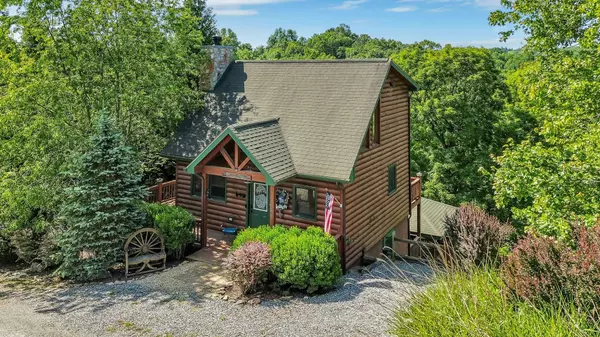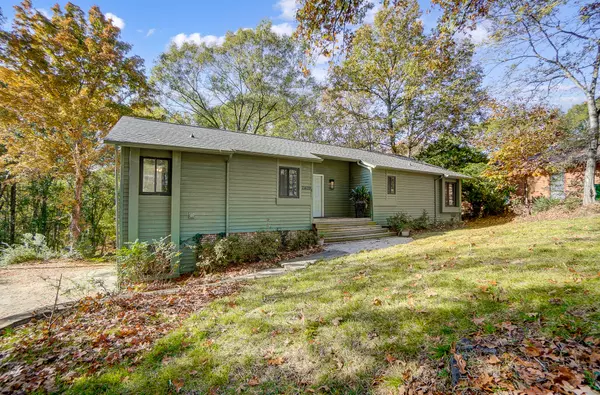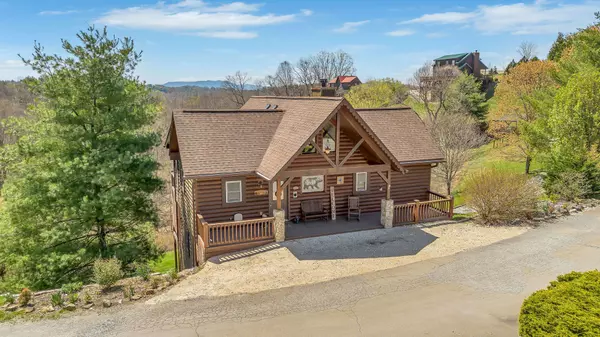Homebuyers Are Still More Active Than Usual

Even though the housing market is no longer experiencing the frenzy that was so characteristic of the last couple of years, it doesn’t mean today’s market is at a standstill. In actuality, buyer traffic is still strong today.The ShowingTime Showing Index is a measure of how much buyers are touring h
Read MoreTips for Making Your Best Offer on a Home

While the wild ride that was the ‘unicorn’ years of housing is behind us, today’s market is still competitive in many areas because the supply of homes for sale is still low. If you’re looking to buy a home this season, know that the peak frenzy of bidding wars is in the rearview mirror, but you may
Read MoreDon’t Fall for the Next Shocking Headlines About Home Prices

If you’re thinking of buying or selling a home, one of the biggest questions you have right now is probably: what’s happening with home prices? And it’s no surprise you don’t have the clarity you need on that topic. Part of the issue is how headlines are talking about prices.They’re basing their neg
Read MoreForeclosure Numbers Today Aren’t Like 2008

If you've been keeping up with the news lately, you've probably come across headlines talking about the increase in foreclosures in today’s housing market. This may have left you with some uncertainty, especially if you're considering buying a home. It’s important to understand the context of these
Read MoreReal Estate Continues To Be the Best Investment [INFOGRAPHIC]
![Real Estate Continues To Be the Best Investment [INFOGRAPHIC],KCM Crew](https://img.chime.me/image/fs/chimeblog/20230722/16/w600_original_c02c9f48-b738-44bf-a5bb-e589eb6c9d4a-png.webp)
Some HighlightsAccording to a recent Gallup poll, real estate has been voted the best long-term investment for 11 years in a row, beating gold, stocks, bonds, and more.Owning real estate means more than just having a home—it’s an investment in your future. That’s because it’s typically a stable and
Read MoreOwning Your Home Helps You Build Wealth

You may have heard some people say it’s better to rent than buy a home right now. But, even today, there are lots of good reasons to become a homeowner. One of them is that owning a home is typically viewed as a good long-term investment that helps your net worth grow over time.Homeownership Builds
Read MoreExplaining Today’s Mortgage Rates

If you’re following mortgage rates because you know they impact your borrowing costs, you may be wondering what the future holds for them. Unfortunately, there’s no easy way to answer that question because mortgage rates are notoriously hard to forecast. But, there’s one thing that’s historically a
Read MoreHomebuyers Are Getting Used to the New Normal

Before you decide to sell your house, it’s important to know what you can expect in the current housing market. One positive trend right now is homebuyers are adapting to today’s mortgage rates and getting used to them as the new normal.To better understand what’s been happening with mortgage rates
Read More-
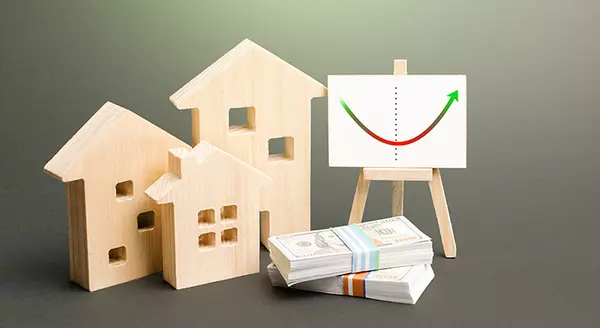
If you’re following the news today, you may feel a bit unsure about what’s happening with home prices and fear whether or not the worst is yet to come. That’s because today’s headlines are painting an unnecessarily negative picture. If we take a year-over-year view, home prices did drop some, but th
Read More Low Housing Inventory Is a Sweet Spot for Sellers [INFOGRAPHIC]
![Low Housing Inventory Is a Sweet Spot for Sellers [INFOGRAPHIC],KCM Crew](https://img.chime.me/image/fs/chimeblog/20230715/16/w600_original_ae3d5969-2c60-4f9f-b60c-0a3dbf4edd98-png.webp)
Some HighlightsToday’s housing inventory is still well below more normal years.This low inventory is why homes that are priced right are still selling quickly and seeing multiple offers.If you want to sell your house, now is a great time because inventory is still low. Contact a trusted real estate
Read MoreHow Remote Work Expands Your Homebuying Horizons

Even as some companies transition back into the office, remote work remains a popular choice for many professionals. So, if you currently enjoy working from home or hope to be able to soon, you’re not alone. According to a recent survey, most working professionals want to work either fully remote or
Read MoreRenting or Selling Your House: What's the Best Move?

If you’re a homeowner ready to make a move, you may be thinking about using your current house as a short-term rental property instead of selling it. A short-term rental (STR) is typically offered as an alternative to a hotel, and they’re an investment that’s gained popularity in recent years.While
Read MoreMomentum Is Building for New Home Construction
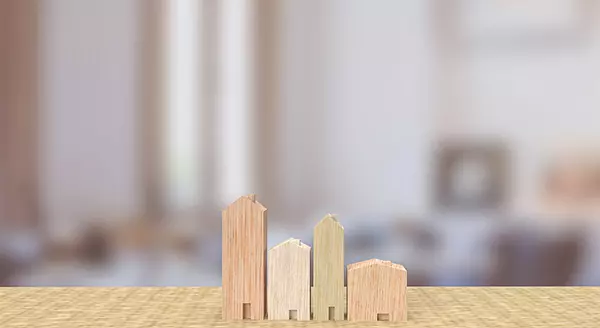
If you’re in the process of looking for a home today, you know the supply of homes for sale is low because you’re feeling the impact of having a limited pool of options. And, if your biggest hurdle right now is that you’re having trouble finding something you like, don’t forget that a newly built ho
Read MoreReasons Your Home May Not Be Selling
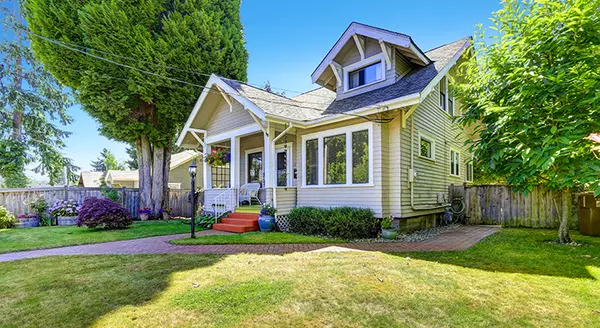
When it comes to selling your house, you want three things: to sell it for the most money you can, to do it in a certain amount of time, and to do all of that with the fewest hassles. And, while the current housing market is generally favorable to sellers due to today’s limited housing supply, there
Read MoreThe Benefits of Downsizing for Homeowners [INFOGRAPHIC]
![The Benefits of Downsizing for Homeowners [INFOGRAPHIC],KCM Crew](https://img.chime.me/image/fs/chimeblog/20230708/16/w600_original_9d2285b6-ca9c-4f83-ac50-d1069f111719-png.webp)
Some HighlightsDownsizing is a popular choice for homeowners when they retire or when their needs change, but with inflation still high, it’s also a way to reduce costs.Downsizing could help cut down on your expenses and your equity can fuel your move.If you’re thinking about moving to a smaller hom
Read MoreToday’s Housing Inventory Is a Sweet Spot for Sellers

One of the biggest challenges in the housing market right now is how few homes there are for sale compared to the number of people who want to buy them. To help emphasize just how limited housing inventory still is, let’s take a look at the latest information on active listings, or homes for sale in
Read MoreTwo Questions To Ask Yourself if You’re Considering Buying a Home

If you’re thinking of buying a home, chances are you’re paying attention to just about everything you hear about the housing market. And you’re getting your information from a variety of channels: the news, social media, your real estate agent, conversations with friends and loved ones, overhearing
Read MoreAmericans Still View Homeownership as the American Dream

Everyone’s interpretation of the American Dream is unique and personal. But, for many people, it’s tied to a sense of success, freedom, and prosperity. These are all things that owning a home can help provide.A recent survey from Bankrate asked respondents which achievements they feel most embody th
Read MoreEvaluating Your Wants and Needs as a Homebuyer Matters More Today

When it comes to buying a home, especially with today’s affordability challenges, you’ll want to be strategic. Mortgage rates impact how much it costs to borrow money for your home loan. And, to help offset the higher borrowing costs today, some homebuyers are taking a close look at their wish list
Read MoreKey Reasons To Use a Real Estate Agent When You Sell [INFOGRAPHIC]
![Key Reasons To Use a Real Estate Agent When You Sell [INFOGRAPHIC],KCM Crew](https://img.chime.me/image/fs/chimeblog/20230701/16/w600_original_0538fad7-8117-4ca2-bd8a-ecba53648271-png.webp)
Some HighlightsAn agent is a really important part of selling your home because they bring a lot of skill and expertise to the sales process.They’ll explain what’s happening today, what that means for you, and how to price and market your house. They’re also skilled negotiators and well versed in th
Read More
Categories
Recent Posts


